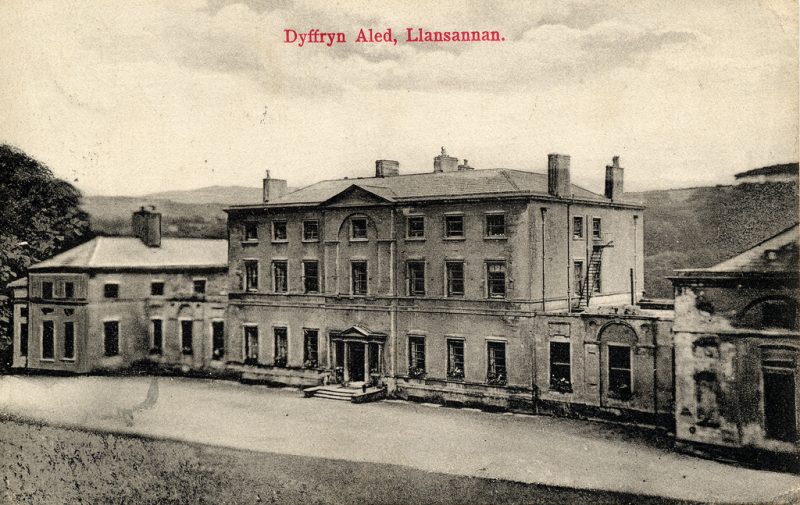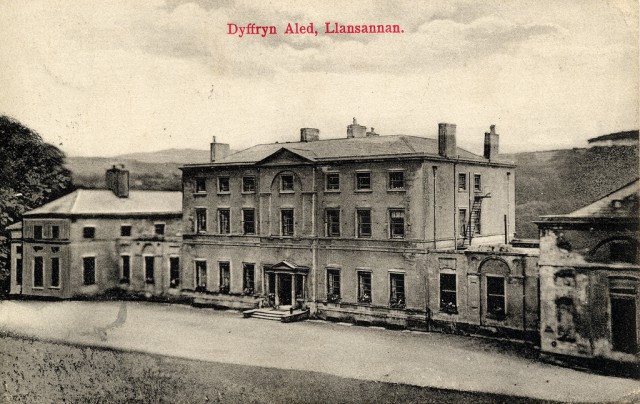A rich aristocratic lady lived a very content life in her 25-bedroom late-Georgian country estate called Dyffryn Aled, in the Welsh countryside. During the First World War, this estate was rented by the Army and was used to keep POWs, mostly Germans. Later, this camp became famous as ‘the Colditz’ of Wales. Colditz was a famous, seemingly inescapable POW camp in Germany. It was basically a huge fortress used as a prison camp for POWs from a variety of nationalities.
The estate, Dyffryn Aled, made it to the spotlight in the early years of the First World War. One of its inmates made the headlines in European newspapers and soon became a celebrity prisoner. Wolf von Tirpitz, son of the founder of the German naval fleet, was kept in this camp. He was said to be one of the closest friends of Churchill and was allowed to keep an expensive violin with him in the prison. Other inmates also led ‘not bad’ a life in the camp, playing football and other sports during their long hours of captivity.
But a few of the prisoners looked for some more creative and rewarding activities for their amusement, such as escaping. One of the most famous attempts was to escape the camp and meet a German U-boat off the Great Orme headland at Llandudno.
Lt. Cmdr. Hermann Tholens, and two Captains, Heinrich von Henning and Hans von Heldorf, planned this daring escape, in August 1915.
In the first phase of their plan, they walked more than 20 miles and made it to Llandudno. They relaxed in the town, eating breakfast and drinking coffee. After that, they had less than two days to contact the U-boat off the Great Orme headland. On the second day, they tried for hours to establish a contact with the boat, by flashing lights in circles. But unfortunately, the boat was waiting on the other side of the cliffs. On the third and last day, there was a huge storm and they were unable to make any move. Eventually, the three officers were captured and put back in the camp, the Daily Post reports.
There were some other small attempts to escape the camp but none of them could meet with success. When locals heard the news of unsuccessful escape attempts by the prisoners, they were very surprised. This was primarily because these prisoners were being kept in an estate that resembled a palace, whereas the local people of Wales were living in dire conditions.

